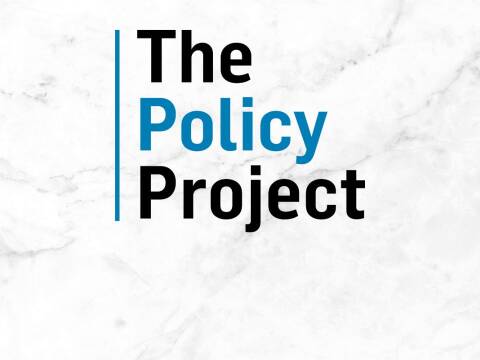Since 1980, the Community Foundation for Southern Arizona has distributed more than $230 million to regional nonprofits and educational institutions. Dollars have been directed toward programs spanning animal welfare, arts and culture, community development, education, environment, health and human services, and so much more.
CFSA provides more than $10 million each year in direct support to charitable organizations that improve the quality of life in Southern Arizona through Competitive Grant Rounds, Donor Advised Funds, Field of Interest Funds, and Funds designated to support a specific organization in perpetuity. Read our Funding FAQs for more information.
CFSA’s Grantmaking Principles
The Community Foundation for Southern Arizona seeks to build a thriving Southern Arizona through philanthropy. To achieve our mission, we partner with individuals, families, businesses, and nonprofits to respond to the needs of our community through grantmaking and the establishment of charitable funds. We honor the fundamental value and dignity of all individuals and thus will support nonprofit and faith-based organizations other than those whose primary purpose is to promote animosity, hostility, and malice against persons belonging to a race, religion, disability, sexual orientation, or ethnicity/national origin which differs from that of the members of the organization. The diversity of our region strengthens us, and we invite you to join CFSA in creating an equitable and vibrant community for us all.
Diversity Policy
Awards made by CFSA’s various grant committees support organizations that do not discriminate in their employment practices, volunteer opportunities, or delivery of programs and services on the basis of race, religion, gender or gender identity (including gender nonconformity and status as a transgender individual), gender expression, sexual orientation, age, ancestry, citizenship, ethnicity, familial status, socioeconomic status (economic circumstances), color, creed, sex (including pregnancy), phases of parenthood, national origin, marital status, veteran status (past, current, or prospective service in the armed forces), genetic information, physical characteristics or appearance, mental or physical disability, or any other status prohibited by applicable law.
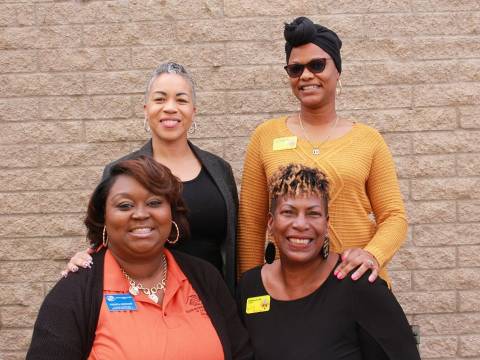

CFSA Endowment for the Arts
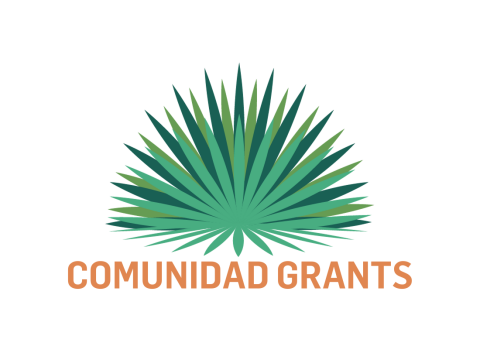
Comunidad Grants
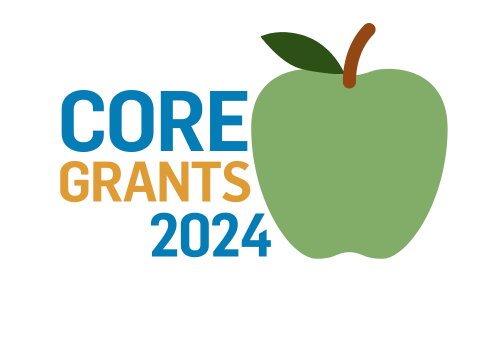
CORE Grants

Hellene Henrikson Fund of the Lutheran Church of the Foothills

LGBTQ+ Alliance Fund Grants

Local News Initiative Grants

Nonprofit Solar Project

Santa Cruz Community Foundation Grants
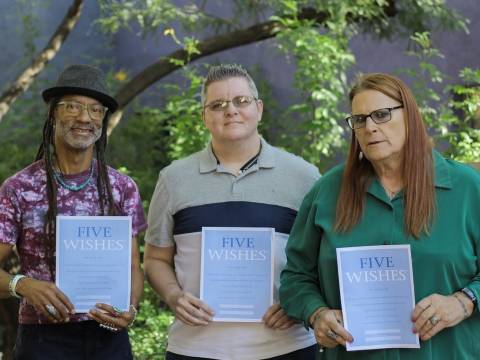
Shaaron Kent End-of-Life Care and Planning Grants

South32 Hermosa Community Fund Grants
